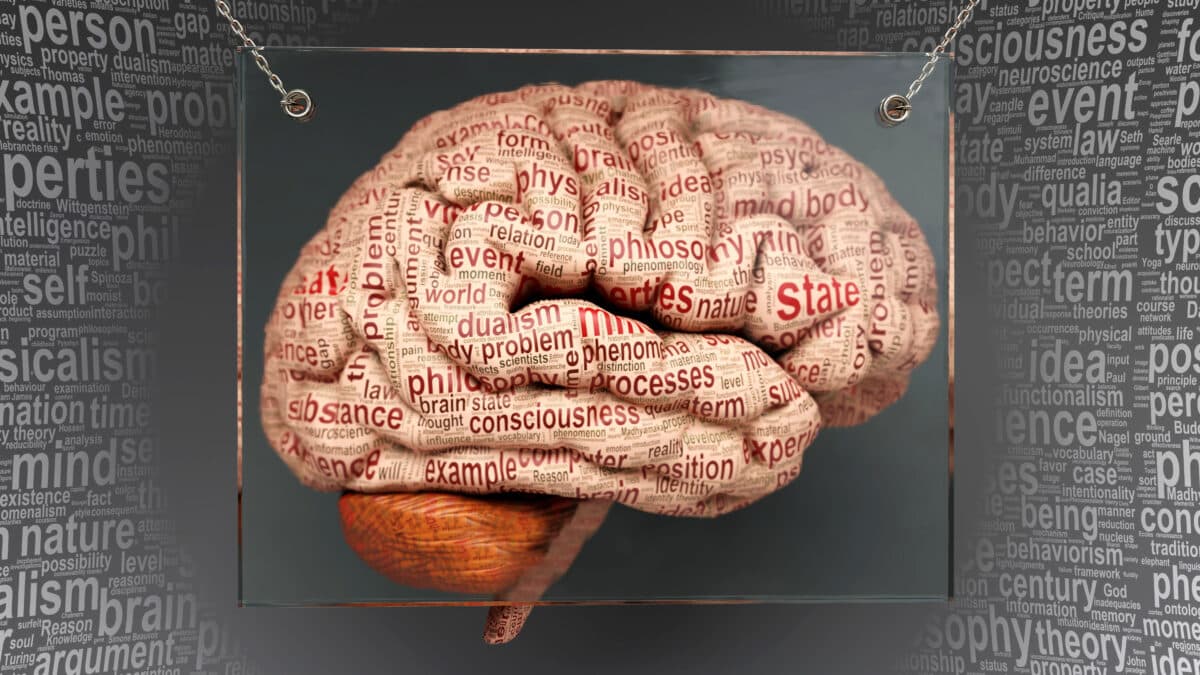NASA’s discovery of an arsenic-ingesting microbe in California’s forbidding Mono Lake looks, on the surface, like bad news for Darwinists hopeful to show what a no-big-deal it is for a planet to bring forth life unguided. The bacterium evidently uses arsenic for purposes that all other known organisms would use phosphorus, including incorporating it in DNA. A reporter for Nature News cites UC Santa Barbara geomicrobiologist David Valentine as observing that the discovery may mean “you can potentially cross phosphorus off the list of elements required for life.”
That’s interesting. Under Darwinian assumptions, the observation that such an alternative life chemistry is possible means that some planets previously assumed to be inhospitable to life, due to being poor in phosphorus, would now turn out after all to be potential theaters for life’s presumed spontaneous arising. That would seem to bump up the number of possible dice rolls available out there to jump-start an unguided chemical and biological evolutionary process on some other planet. Yet we still have no indication from SETI or anything else that intelligent or complex life exists anywhere but here. Which makes the existence of life on earth look just a bit more special than it did before, right?
Well, maybe yes or maybe no. Astrophysicist Guillermo Gonzalez, a senior fellow with Discovery Institute’s Center for Science and Culture, urges caution before drawing conclusions from the find:
Read More ›








































